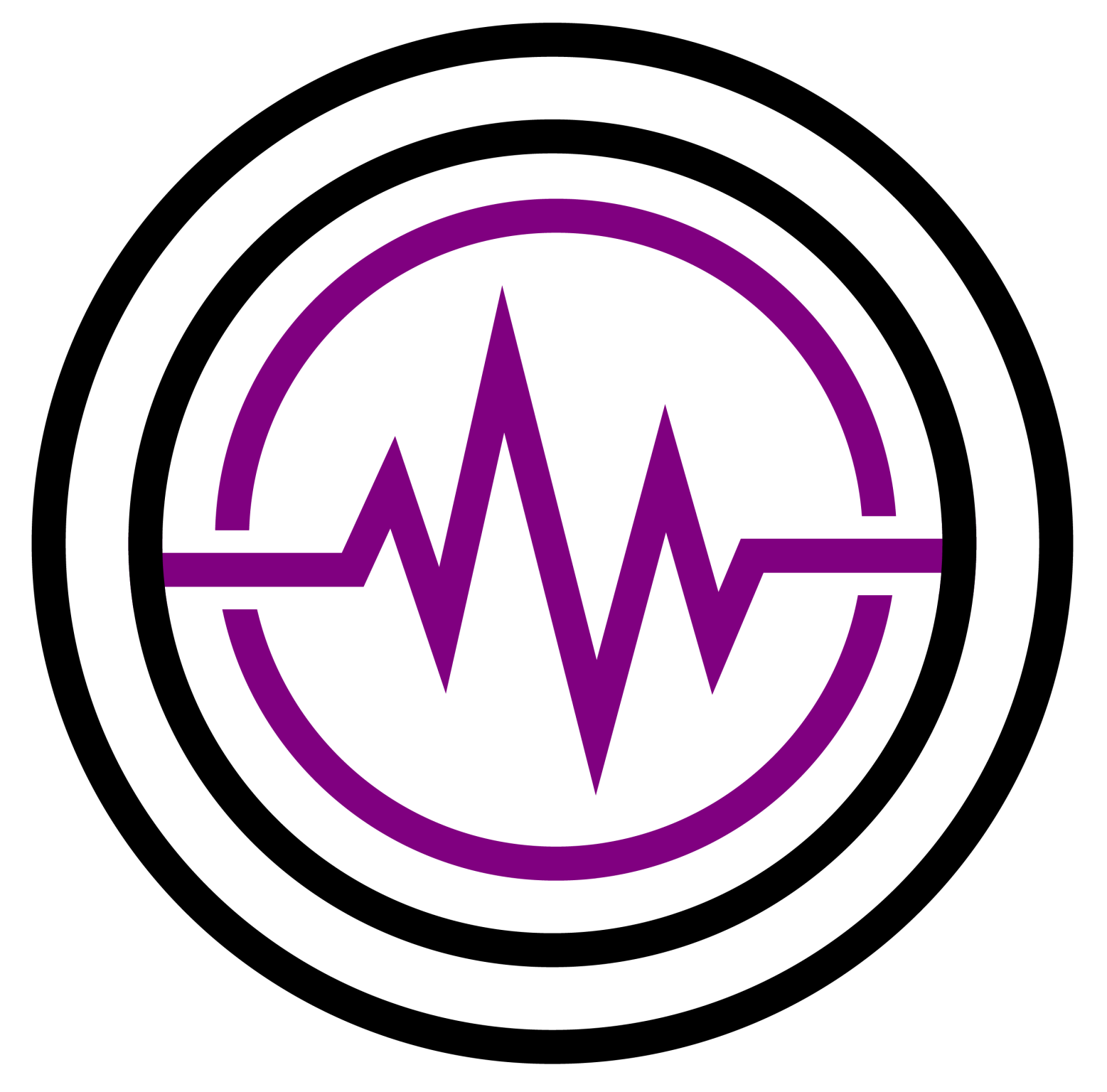Ketcare is a technology platform that supports independently owned and operated psychiatric medical practices in delivering essential mental health services to clients like you. The specific affiliated medical practice in your state, listed on the Ketcare website, will provide your care (referred to as “Practice” herein).
The Practice offers psychiatric treatment via telehealth and, in some cases, in-person services. As part of this treatment, you may be prescribed ketamine, a medication shown to benefit conditions like anxiety and depression. Ketamine may be prescribed as tablets or liquid, compounded by pharmacies under Section 503A of the federal Food, Drug, and Cosmetic Act (FDCA), which does not require FDA approval. Consequently, the FDA has not confirmed the safety or efficacy of compounded ketamine for mental health conditions. While other ketamine-containing drugs are FDA-approved for anesthesia and analgesia, their safety and efficacy for mental health conditions have not been evaluated. Ketamine is a Schedule III medication, not suitable for everyone, with risks (detailed below) that must be weighed to determine if this treatment is appropriate for you.
How it Works
Ketamine, an NMDA receptor antagonist, operates through the glutamate system. At low doses, it may enhance neuroplasticity, enabling brain cells to form new connections, distinct from other psychiatric drugs like SSRIs or benzodiazepines. The full mechanism of ketamine’s antidepressant effects is not yet fully understood, and future research may reveal additional pathways.
As a dissociative anesthetic, ketamine induces a sense of detachment from reality and self. At prescribed doses, you may experience mild anesthetic, anxiolytic, antidepressant, or psychedelic effects. It can disrupt negative thoughts and preoccupations, with effects typically lasting 45-60 minutes, after which most people return to their normal state.
Potential Benefits
Ketamine can alleviate symptoms of various mental health conditions. In clinical studies, its antidepressant and anxiolytic effects may appear within hours, peaking 24-48 hours post-administration. Benefits vary, lasting from days to weeks after a single dose. A series of treatments, often intravenous (IV) over 2-3 weeks, can extend effects for weeks to months. Your clinician will tailor an initial treatment plan to meet your goals.
Eligibility
The Practice will review your medical history and assessment responses, requiring a physical and/or psychiatric consultation (telehealth or in-person) to confirm diagnosis and eligibility. You must be at least 18 and not meet these exclusion criteria:
Conditions like active substance use disorder, severe trauma, or acute suicidality may require additional therapeutic support outside Ketcare to proceed. Notify your provider of any health changes affecting eligibility.
Client Requirements for Treatment
You must adhere to these guidelines for all ketamine treatments:
Ketamine Treatment
During your initial video consultation, your clinician will evaluate your psychiatric condition, confirm eligibility, and review this consent form, addressing any questions. If eligible, you may be prescribed sublingual ketamine tablets, placed under the tongue or between cheek and gums for 7 minutes without swallowing, then spitting out accumulated saliva. Swallowing may delay onset, increase side effects, or prolong recovery. Alternatively, compounded liquid ketamine (possibly with vitamins B6 and B12) may be prescribed for subcutaneous injection, with detailed administration instructions provided. Do not proceed if unsure about administration.
Ketamine effects typically begin within 5-10 minutes, peak for 30-45 minutes, and subside within an hour. Side effects like dissociation, dizziness, headache, anxiety, or nausea may persist for several hours.
Side Effects & Risks
Ketamine may cause serious side effects, including sedation, dissociation, worsened psychiatric symptoms, dependence, abuse, anxiety, elevated blood pressure or heart rate, respiratory depression, urinary tract issues, altered time perception, dry mouth, elevated intraocular or intracranial pressure, loss of appetite, confusion, nausea, vomiting, blurred vision, or slurred speech. These typically resolve as effects wear off. Rare risks include increased urination frequency, incontinence, urinary pain, blood in urine, or reduced bladder size in heavy users. Dissociative effects may increase accident risk. Those with schizophrenia or severe personality disorders are ineligible due to risk of exacerbated symptoms. Worsening depression, anxiety, or suicidal ideation may occur; contact your treatment team, call 988, 911, or visit an emergency room if needed.
Adhering to Ketcare’s guidelines minimizes risks and maximizes benefits. Take ketamine only as prescribed.
Guides
You may work with a Ketcare-affiliated Guide, trained in life coaching and psychedelic medicine best practices, to support your program, set intentions, and develop an integration plan. Guides are not licensed therapists and cannot treat diagnoses like anxiety or depression—that’s the role of your clinician or external mental health provider. Guides aim to respond within 48 hours but do not offer 24/7 support.
Consent to Telehealth
Telehealth uses electronic communications to facilitate care, including video/phone consultations, chart review, remote prescribing, scheduling, and client education. Your data may be used for diagnosis, therapy, or education via health records, images, audio-video, or medical device data. Security protocols protect confidentiality, but data loss due to technical failures is possible, though unlikely. You agree to hold Ketcare and the Practice harmless for such losses.
The Practice’s clinicians complement, not replace, your primary care physician or mental health provider. Maintain overall care with your local doctor. Telehealth benefits include improved access and efficiency, but risks include equipment failures, inadequate data quality, privacy breaches, or incomplete medical advice due to limited records. At-home ketamine administration may pose additional risks due to lack of onsite monitoring for sedation or dissociation.
Your clinician or Guide may use AI tools for recording/transcribing consultations for visit notes or quality assurance. You may request disabling this feature.
Alternative Treatments
Consider other mood and anxiety treatments (e.g., antidepressants, mood stabilizers, psychotherapy) and in-person consultations before choosing ketamine or telehealth. Discuss alternatives with your clinician or primary care doctor.
Confidentiality
Your treatment records are confidential, maintained like standard medical records. To share records, request a release form. Your information may be used per the Medical Groups’ Privacy Practices and Ketcare, Inc.’s Privacy Policy.
By signing this, I confirm:
